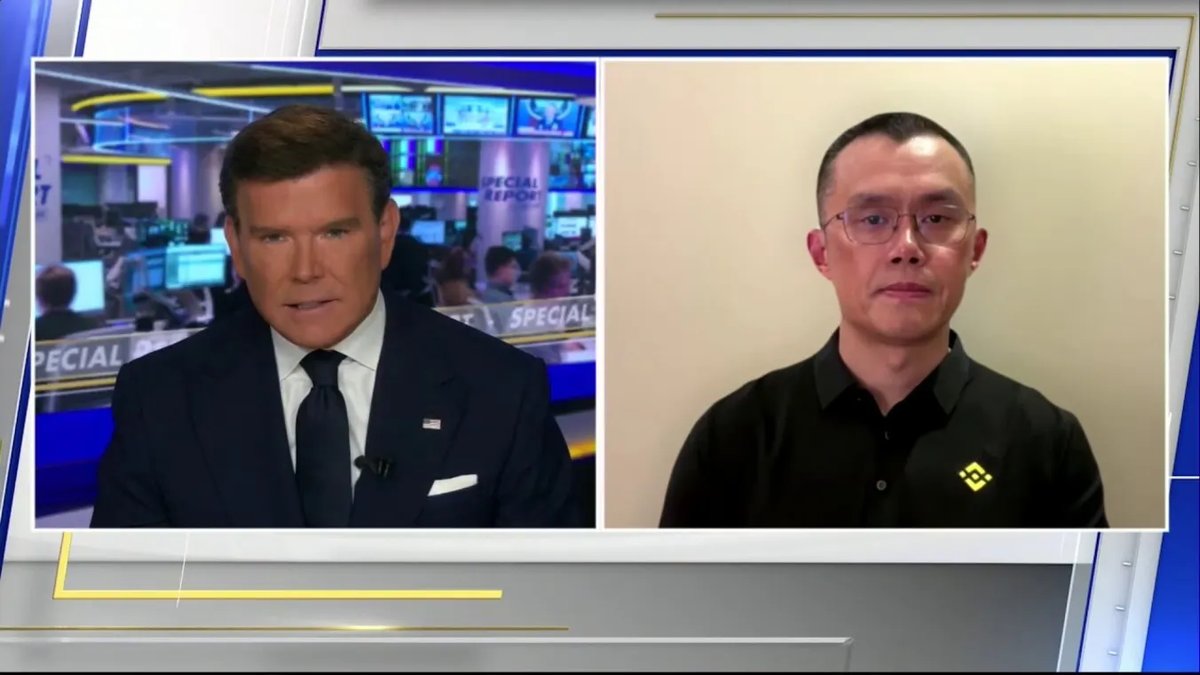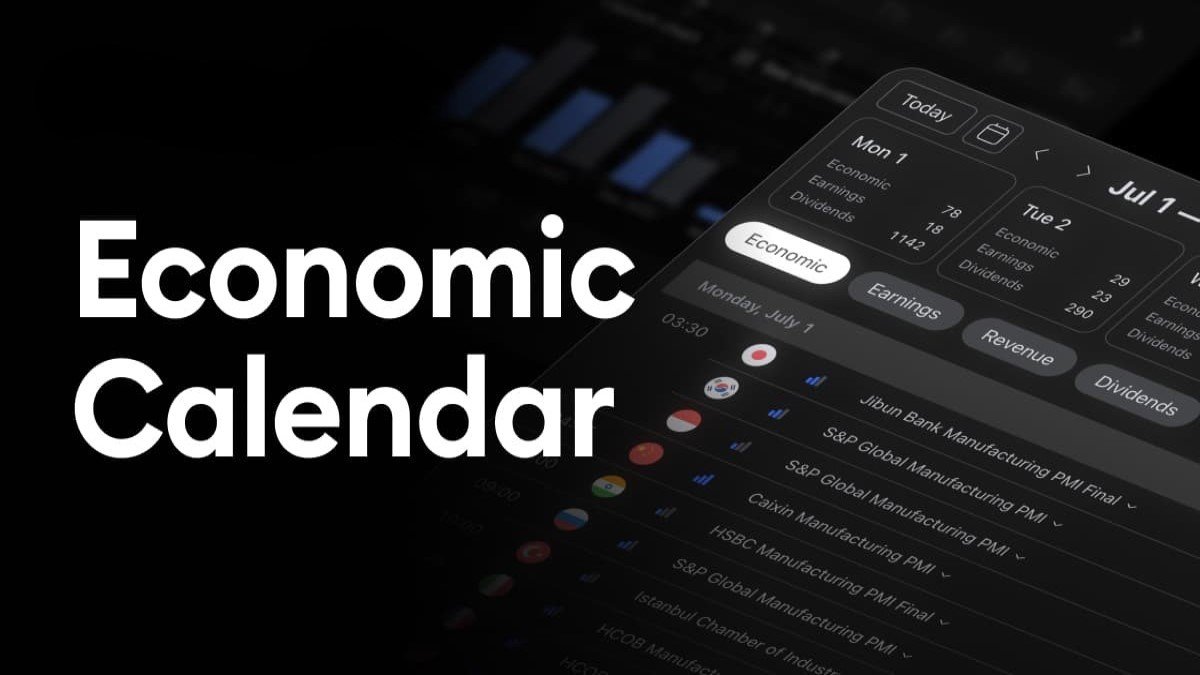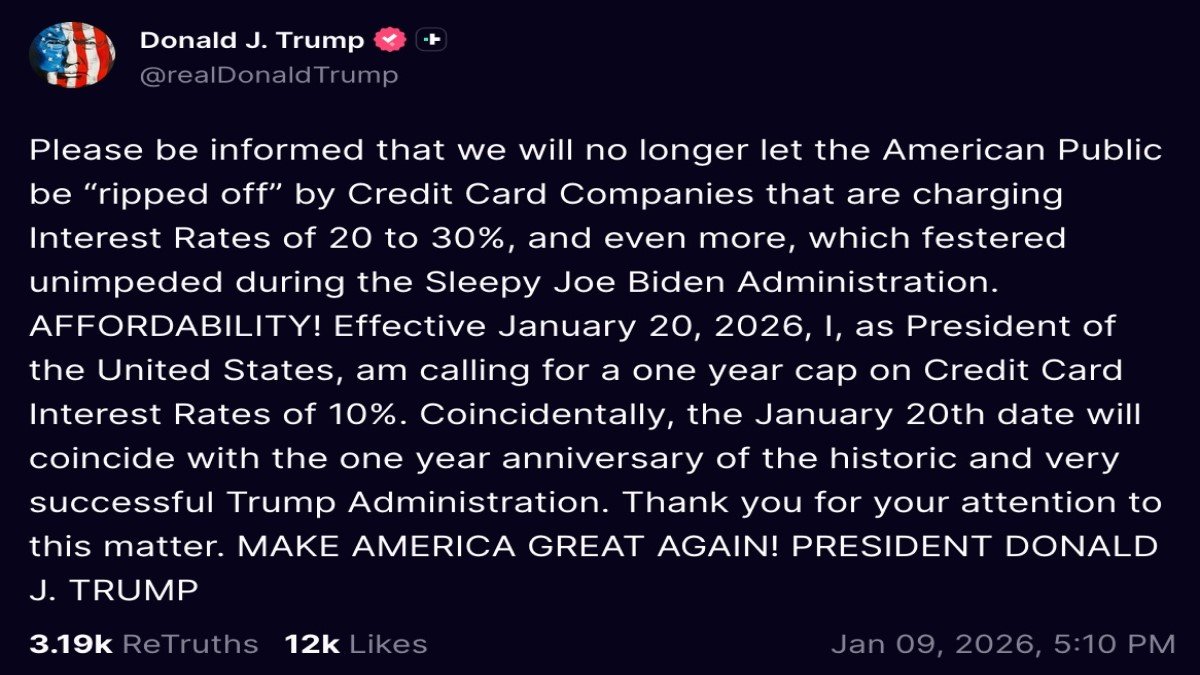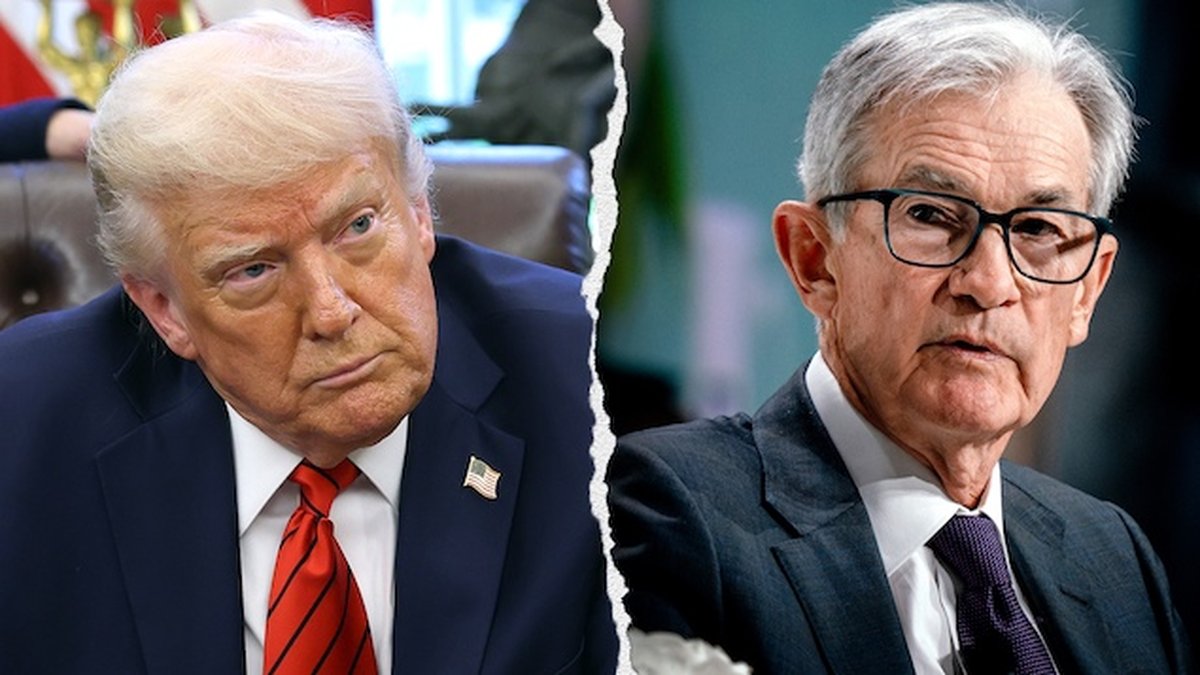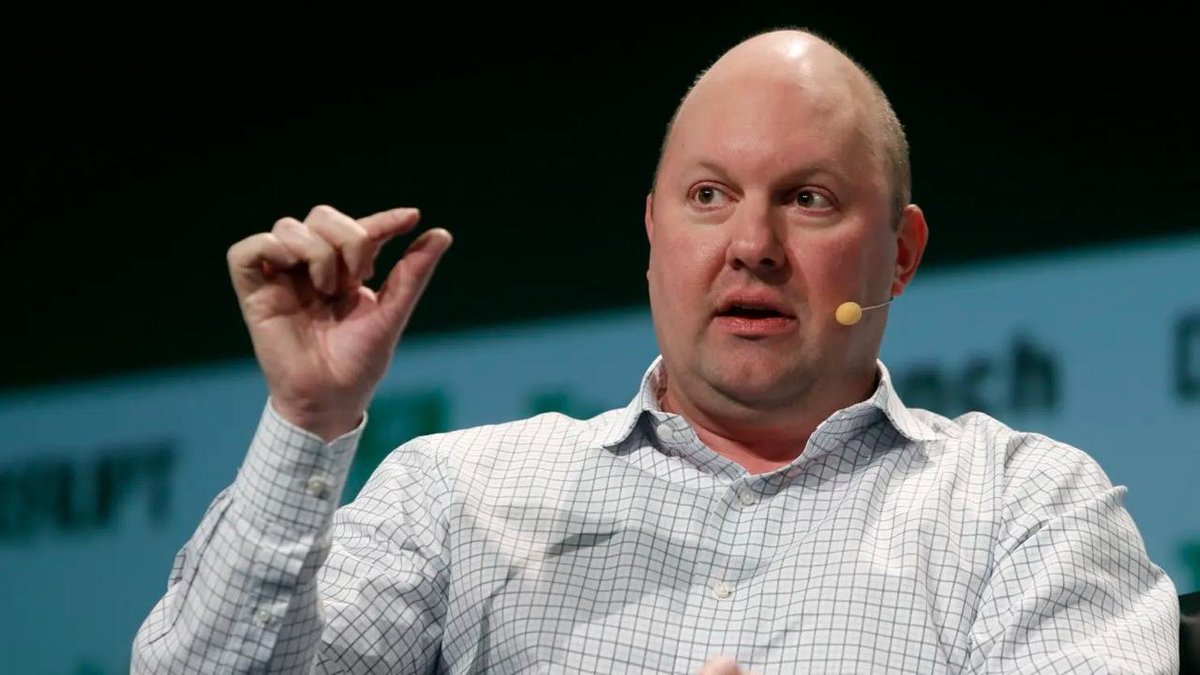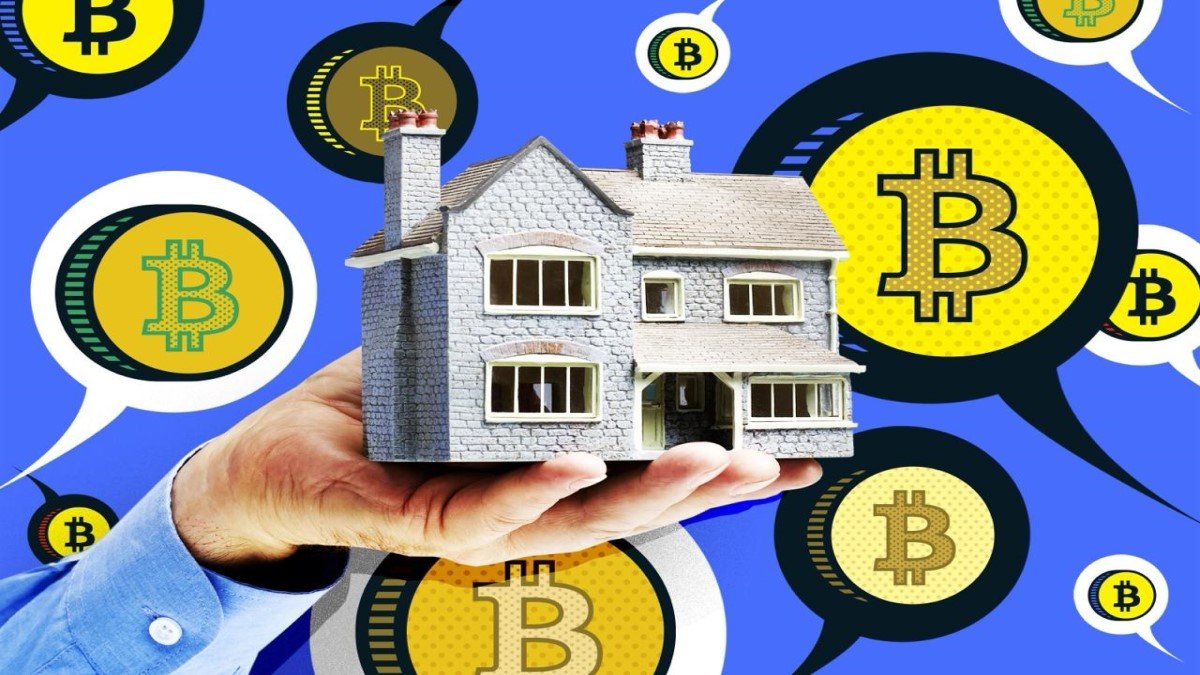First, the record—what we can actually verify
On October 23, 2025, President Donald Trump granted a presidential pardon to Changpeng Zhao, the founder of Binance. That action is attested by mainstream outlets, including the Associated Press, which reported both the pardon and the policy framing around it. ([AP News][1])
To contextualize the pardon, recall the legal arc: Zhao pleaded guilty in 2023 to U.S. anti–money-laundering violations, stepped down from his executive role at Binance, and in April 2024 received a four-month sentence—well below the 36 months prosecutors sought. Those facts are widely documented by The Guardian (sentencing) and Reuters (prosecutorial posture). ([The Guardian][2])
Also crucial for accuracy: CZ is not the CEO of Binance. He relinquished the position in November 2023 when he entered his plea; since then, public reporting has consistently described him as Binance’s founder rather than its active chief executive. That distinction matters for governance and for how counterparties weigh operational risk. ([Reuters][3])
What about the televised comments everyone is sharing?
Social posts claim that Zhao told Fox News he had never met President Trump and that he has no commercial ties with the Trump family—sometimes framed as a direct denial of links to a venture called World Liberty Financial. In our review, we found clear, on-the-record coverage that President Trump himself has said he did not know or had not met Zhao, a line carried by multiple mainstream outlets. That is the President’s assertion, not CZ’s, and it appeared in the context of the pardon. We have not located a primary-source Fox transcript or video in which Zhao personally delivers the exact denials now traveling virally, and thus we flag them as unverified pending authoritative broadcast records. ([AP News][1])
Why the caution? When dramatic claims surface, provenance matters. If CZ issued categorical denials on air, the clip would likely be syndicated across major networks’ digital properties—yet the traceable record so far is thinner than the social buzz suggests. A handful of secondary blogs paraphrase alleged remarks, but those are not equivalent to an indexed network transcript. In short: we can substantiate the pardon and Trump’s related comment; we cannot yet corroborate the exact wording of CZ’s purported TV statements. ([AP News][1])
World Liberty Financial is real—and it complicates the conversation
Separate from the pardon, there is a bona fide Trump-family–linked crypto initiative: World Liberty Financial (WLFI), an effort backed by members of the Trump family to roll out digital-asset products. Reuters and the Financial Times have both reported on WLFI tokens and branding, providing mainstream confirmation that the venture exists and is active. None of these reports, however, demonstrate a direct business relationship between WLFI and CZ personally. The distinction between industry adjacency and personal ties is critical—and routinely muddled in discourse.
As with any family-branded financial product, WLFI raises hard questions: custody, disclosures, conflicts of interest, reserve attestations (if stablecoins are involved), and the firewall between public office and private benefit. Even without a CZ linkage, WLFI’s mere existence heightens the need for rigorous vetting by counterparties and platforms considering listings, marketing partnerships, or payment rails.
Signal vs. noise: What the pardon means for market structure
Legal finality and supervisory continuity. A presidential pardon can wipe the slate clean in criminal terms for the individual, but it does not rewrite the compliance roadmap for affiliated entities, nor does it absolve corporate actors from consent decrees and monitoring arrangements. U.S. enforcement against crypto venues has increasingly relied on multi-agency settlements with detailed reporting and KYC/AML obligations. Investors should assume that supervisory expectations remain high for global exchanges serving U.S. customers—pardon or not. ([Reuters][3])
Perception of politicized enforcement. When a White House takes an assertive stance either toward leniency or toughness in crypto, it can skew risk premia in both directions. Bulls will argue that the pardon demonstrates a thaw and a friendlier posture toward innovation; bears will point out that rule-of-law credibility is weakened when headline politics can override prosecutorial narratives. Either way, the spread that matters is not a day-one pump; it’s the cost of capital for exchanges and issuers under U.S. jurisdiction over the next 12–24 months.
Counterparty underwriting gets personal. Banks, market makers, and custodians now face sharper DDQs from their boards: how to assess executive-background risk when leadership can change and legal histories are reinterpreted overnight. For Binance counterparties, the known facts—CZ’s conviction and sentence (now pardoned), the step-down from the CEO chair, and the size of prior penalties—remain baseline considerations. The pardon eliminates a criminal record, but it does not erase lessons learned about surveillance gaps and SAR backlogs that regulators cited. ([The Guardian][2])
Why this episode hits at the heart of crypto’s institutionalization
Stablecoins and the political economy of payments. A recurring theme in 2024–2025 has been the migration of traditional money-market use cases into tokenized wrappers. Any perceived nexus—real or rumored—between political families and token issuers elevates the strategic importance of reserve transparency and attestation independence. If a family-branded ecosystem (like WLFI) were to rely on third-party exchanges for liquidity, counterparties will demand more documentation, not less, to ring-fence political risk.
ETF and ETP spillovers. U.S.-listed digital-asset ETPs rely on a network of authorized participants, prime brokers, liquidity providers, and custodians. Trust in that network depends on predictable supervision—not pardons. If investors read the pardon as a step toward a lighter, more permissive regime, they will ask whether the new equilibrium includes clear rules for staking, token distribution, and on-chain disclosures, rather than ad hoc interventions. (Note: separate tax and ETP guidance proposals have circulated recently; those are more consequential to flows than any single human-interest storyline.)
Exchange governance premium. Think of exchanges like utility-scale infrastructure: the more their governance resembles public companies (independent boards, separation of founder influence, transparent risk committees), the lower the perceived risk premium. In that view, the most market-positive reading of the pardon would be if it catalyzes further governance normalization—rather than a return to personality-centric brand risk.
About those ‘bombshell’ family revelations
Because rumor outruns nuance, it’s tempting to reduce the story to: “CZ drops a TV bombshell about the Trumps.” Here’s the sober read. The pardon is public; President Trump said he had not met Zhao; WLFI is real and family-linked; everything beyond that requires sourcing. Our newsroom reviewed mainstream coverage of both the pardon and WLFI. The existence of WLFI is attested (and has been covered by Reuters and the FT). The claim that CZ described secret business ties on TV, only to deny them in the same breath, is not supported by primary-source transcripts we could locate at press time. Treat it as unverified until a broadcast record surfaces.
Why the distinction matters for investors
Price reacts to headlines; risk reacts to foundational facts. If a clip emerges that confirms a categorical denial of any CZ–Trump-family business relationship, that would constrain the plausible narratives around WLFI’s counterparties and fundraising channels. If no clip surfaces, allocators must assume the relationship question is still open-ended—and underwrite exposure accordingly (e.g., require rep-level attestations before listing WLFI-linked instruments or onboarding WLFI-related counterparties).
Scenario analysis: how this could play out over 3–12 months
1) Institutionalization tailwind (probability 30–35%)
Congress and agencies coalesce around clear market-structure rules (KYC/AML, staking, tokenization disclosure), enforcement posture becomes more predictable, and the CZ pardon fades into the background as a symbolic gesture rather than a policy pivot. Exchanges invest in governance upgrades; WLFI and other family-adjacent ventures seek third-party attestation to ease counterparties’ minds. Market impact: a gradual compression in risk premia for U.S.-facing venues; improved ETP creation/redemption efficiency.
2) Polarization and episodic volatility (probability 45–50%)
Policy remains headline-driven. Some agencies relax, others harden; state-level actions proliferate. WLFI launches products that attract speculative flows, sparking debate about conflicts. Without uniform standards, each new headline (e.g., rumored meetings, influencer endorsements) produces sharp but short-lived volatility, particularly in exchange tokens and family-branded assets. Market impact: higher idiosyncratic risk; bigger liquidity holes on weekends; wider basis for perps vs. spot during headline bursts.
3) Backlash and re-risking (probability 15–25%)
Political opponents challenge the pardon’s optics, linking it to broader claims of favoritism; a new investigative cycle scrutinizes exchange compliance. A negative WLFI headline (e.g., reserve questions) triggers de-listings on conservative venues. Market impact: sustained risk-off in exchange-adjacent tokens; a rotation into BTC, high-quality stablecoins, and compliant custodians. The cost of capital for new token launches rises.
Five questions sophisticated desks should ask now
1. Counterparty map: Do our trading, lending, and custody relationships intersect with WLFI or WLFI-linked stablecoins? If yes, what are the attestations and legal opinions underpinning those arrangements? (Use the Reuters/FT reporting as a starting signal to perform fresh DD.)
2. Governance delta at exchanges: Since CZ’s 2024 sentencing and step-down, what measurable governance improvements have counterparties implemented (board independence, risk committees, external monitors)? ([The Guardian][2])
3. Policy path dependency: Are we pricing the possibility that pardons today coexist with stricter prudential rules tomorrow? That is not a contradiction; it is how financial regulation often evolves.
4. Disclosure asymmetry: How will we treat claims made on social media vs. statements in filings, court records, or licensed broadcasts? Build a tiered evidence framework and stick to it.
5. Liquidity stress tests: Can we withstand headline gapping around family-branded tokens, including weekend churn? Model 30–50% intraday swings with thinning order books and higher clawback risk on perps venues.
What this means for builders
For founders, a pardon-era news cycle is a trap. It lures teams into marketing-by-association instead of shipping. Resist it. If you need the U.S. as a market, build to withstand both warm-and-cold cycles of enforcement. That means: ISO 27001–level security, SOC 2 where relevant, independent reserve attestations if you handle customer assets, and a governance narrative that does not revolve around a single personality—no matter how famous.
For journalists and analysts—process, not virality
A newsroom’s job is not to amplify the spiciest version of a story; it is to separate facts from vibe. In practice, that means prioritizing mainstream, on-the-record sources for core claims, using social posts for leads, and being transparent about what we do not yet know. In this case, we can verify the pardon, the sentencing history, and the existence of WLFI. We can cite that President Trump says he had not met Zhao. We cannot confirm the viral television remarks attributed to CZ at time of publication.
Bottom line
The pardon is real and politically salient. CZ remains one of crypto’s most recognizable founders, but he is not Binance’s CEO. WLFI exists and is Trump-family–linked. Those three facts, taken together, do not prove direct business ties between CZ and the Trump family. Until primary-source records emerge, treat the TV-quote discourse as unverified. What is verifiable should be the basis for portfolio decisions: counterparty risk, governance quality, and the probability distribution of U.S. policy over the next year. In markets, clarity is alpha; rumor is drag. ([The Guardian][2])

